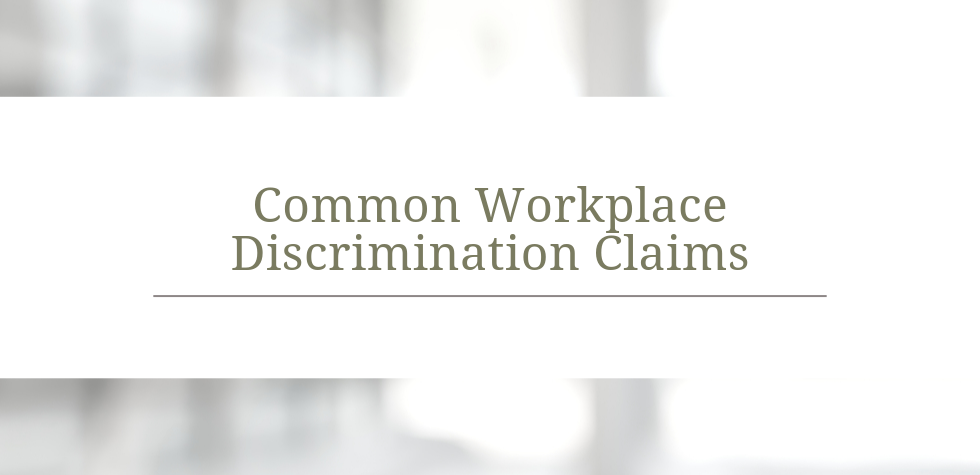Everyone in the workplace has the right to be themselves and perform their job in an environment free from judgment and harassment. Legally in the United States, employers may not discriminate based on their protected characteristics — that is, their age, race, gender, religion, sexual orientation, and medical status, among other things.
Unfortunately, cases of workplace discrimination are alive and well. More than 1 million employment discrimination complaints have been filed in the U.S. since 2010. The most commonly alleged forms of discrimination in those complaints were racial, sexual, and age discrimination claims, along with those for retaliation and discrimination related to a disability or medical condition.
Most of those fall under one of three different types of common workplace discrimination claims every employee should know:
Discriminatory treatment or intent: This is when an employer treats one employee worse than others on the basis of race, gender, or some other protected characteristic. A common example is having two employees with the exact same job role and paying one less specifically because of their race, skin color, religion, etc.
Disparate impact: In cases of disparate impact, an employer imposes rules or punishments more severely on one employee because of their protected characteristics.
Disparate impact can be unintentional in many cases, but employers should still be held accountable for their actions, behaviors, and policies that could adversely affect specific groups of people.
Retaliation: Workplace retaliation happens when an employer punishes an employee who was performing legal actions in good faith, such as filing a worker’s compensation claim after being injured on the job or reporting a supervisor’s harassing behavior. In retaliation, an employer or supervisor could deny the employee a promotion soon after, demote them, or even fire them.
Typically, an employer acting in retaliation will try to find a more subtle reason for the punishment, but if it occurs shortly after the employee reported something like a workman’s comp claim or inappropriate behavior, the chances of it being a retaliation case are high.
To file a lawsuit for any of these types of discrimination, you must first file a claim with the Equal Employment Opportunity Commission, which investigates the complaint. Be advised, however, that of the many workplace discrimination cases filed, a disproportionate number of them never receive due compensation. Part of that is because workplace discrimination cases are tricky to prove if not investigated properly. They often require a lot of statistics and numbers, as well as a trained professional who can recognize the subtleties of such cases. If you think you have a case of workplace discrimination on your hands, it’s best to consult an attorney as soon as possible.
At Clifford Law Offices, our attorneys have decades of experience in dealing with these kinds of cases and are ready to assist with yours. Contact us to have your questions answered.

